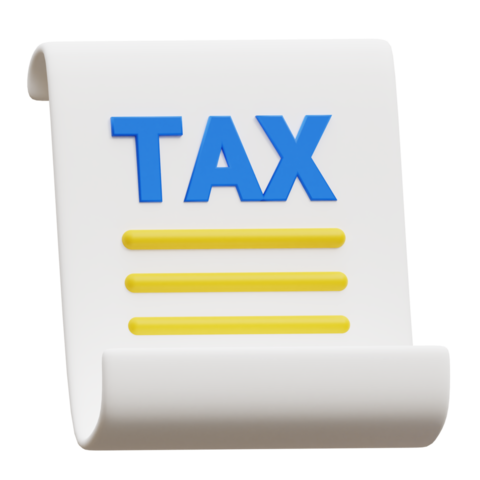
Navigating the Tax Landscape of Medical Devices – A State-by-State Guide
When purchasing medical devices for personal or family use, your state may impact the overall cost of your items. While most states provide some form of sales tax exemption for medical devices, the details vary from state to state.
In general, most states provide a blanket exemption for all medical devices, or a tax exemption for medical devices prescribed by a licensed provider. However, there are some exceptions.
In this blog, we'll provide an overview of medical device taxes in each state.


Exemptions for All Prescribed Devices
To meet the tax exemption, these states require that a medical device be either prescribed or dispensed by a physician.
Arizona, Arkansas, California, Colorado, Florida, Hawaii, Idaho, Indiana, Iowa, Kansas, Kentucky, Louisiana, Maryland, Massachusetts, Michigan, North Carolina, Oklahoma, South Carolina, South Dakota, Texas, Utah, Washington D.C., and West Virginia.
Exemptions for all Devices Regardless of Prescription
These devices do not require a prescription from a physician in order to meet tax exempt status.
Wyoming, Nevada, North Dakota, Wisconsin, Illinois, Missouri, Tennessee, Alabama, Virginia, Pennsylvania, New York, Vermont, Maine, Rhode Island, Connecticut, New Jersey


Some Classes of Devices Taxed
In the following states, medical devices may be exempt from tax within certain situations. It's important to note the specifics, as exemptions often apply based on prescription, usage, or type of device.
If you live in one of the following states, we recommend researching the specific sales tax code to see if it applies to your situation.
- Georgia: Exceptions apply to DME sold or prescribed by a physician
- Minnesota: Subject to tax unless sold for home use or qualified under Medicare/Medicaid
- Mississippi: Exemptions for certain equipment like prosthetics, orthotics, hearing devices, etc.
- Montana: Subject to tax, with the exception of certain therapeutic and prosthetic devices.
- Nebraska: Prescription required for mobility devices. For DME equipment, a prescription and eligibility for the medical assistance program must be established.
- New Mexico: Exempt only if delivered by a licensed practitioner and the value of the device is included in the cost of service.
- Ohio: Prescription required to meet exemption, except medical oxygen equipment sold for facility use.
- South Carolina: Subject to tax, with the exception of devices paid for by South Carolina or Medicare/Medicare programs. These items must also be sold by a licensed South Carolina provider.
- Washington: Subject to tax, with the exemption of certain items like prosthetic devices, oxygen systems, and others.
The following states do not have any statewide sales tax on any products, including medical devices.
Alaska, Delaware, Montana, New Hampshire, Oregon


Other Ways to Reduce the Cost of Your Medical Device
Understanding the tax landscape of medical devices is a single step in making an informed medical device purchase.
If you are looking for ways to cut costs when purchasing a medical device for you or a loved one, we also recommend:
Reviewing your insurance coverage: Most insurances provide at least partial coverage for prescribed medical devices.
Contacting a product expert here at Med Mart: With decades of experience, our experts can help you identify the most cost-effective equipment that fits both your needs and budget.


